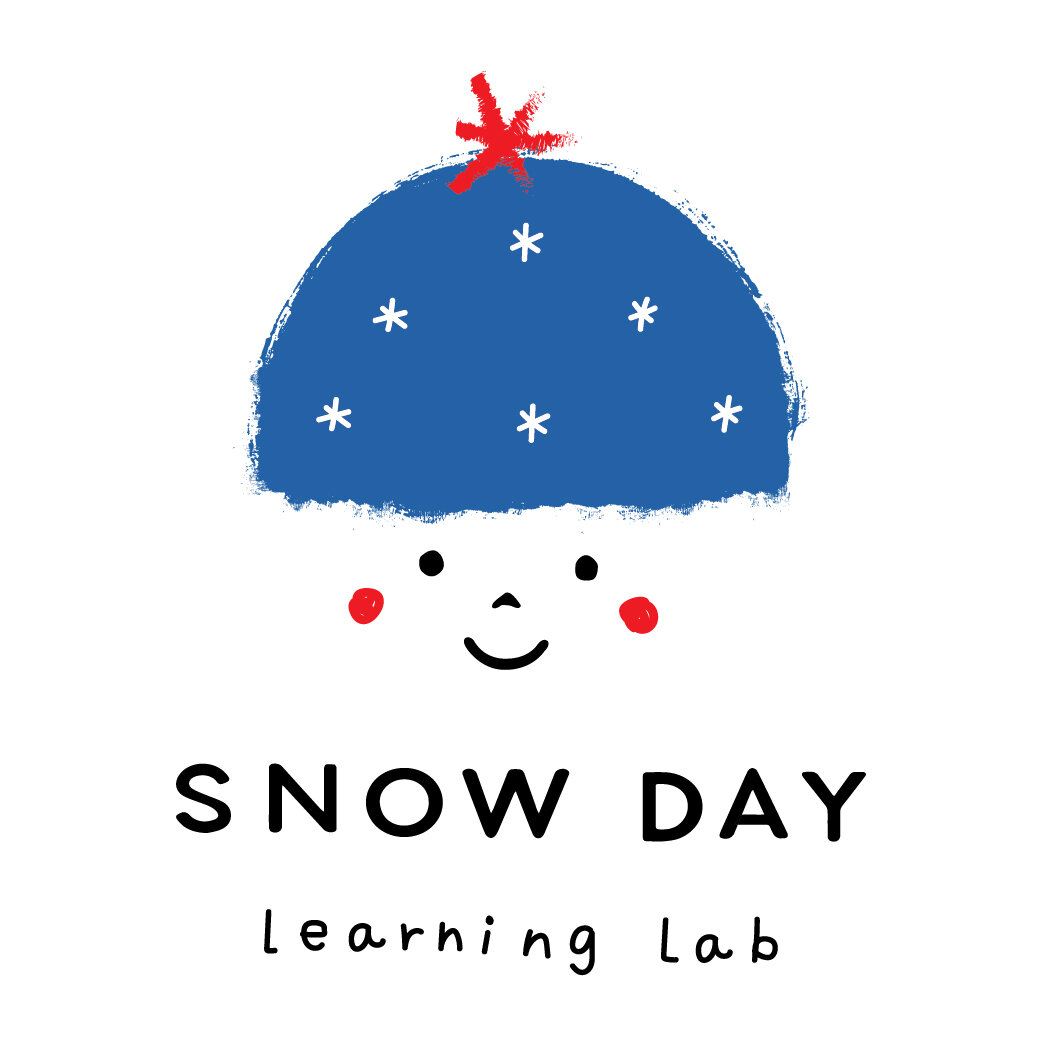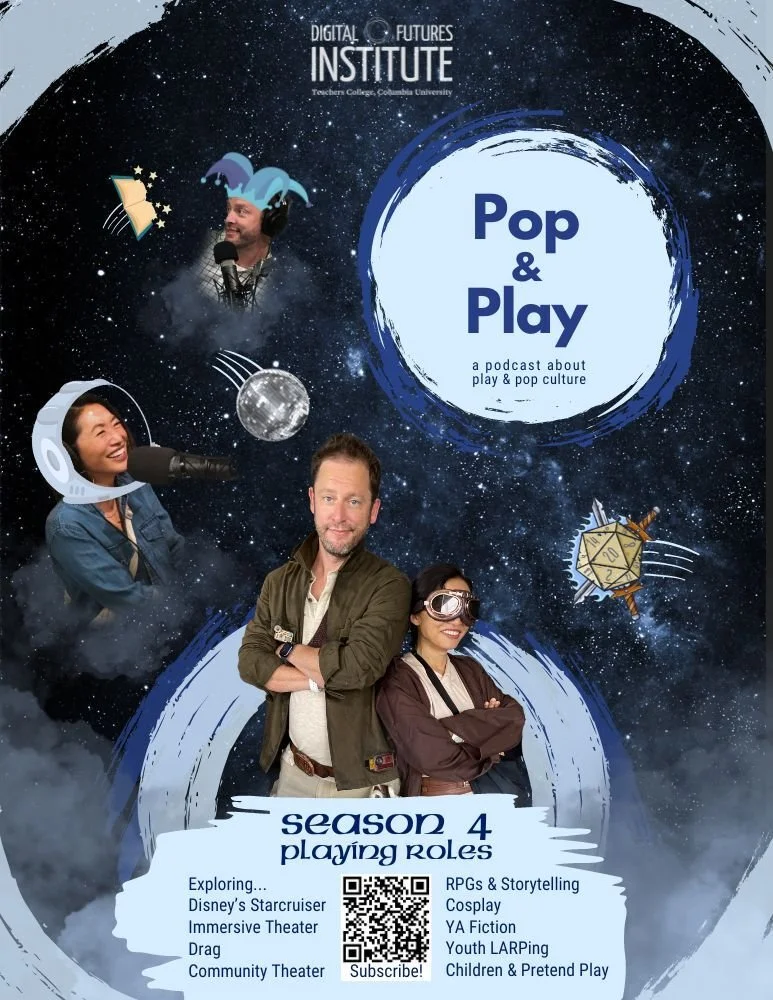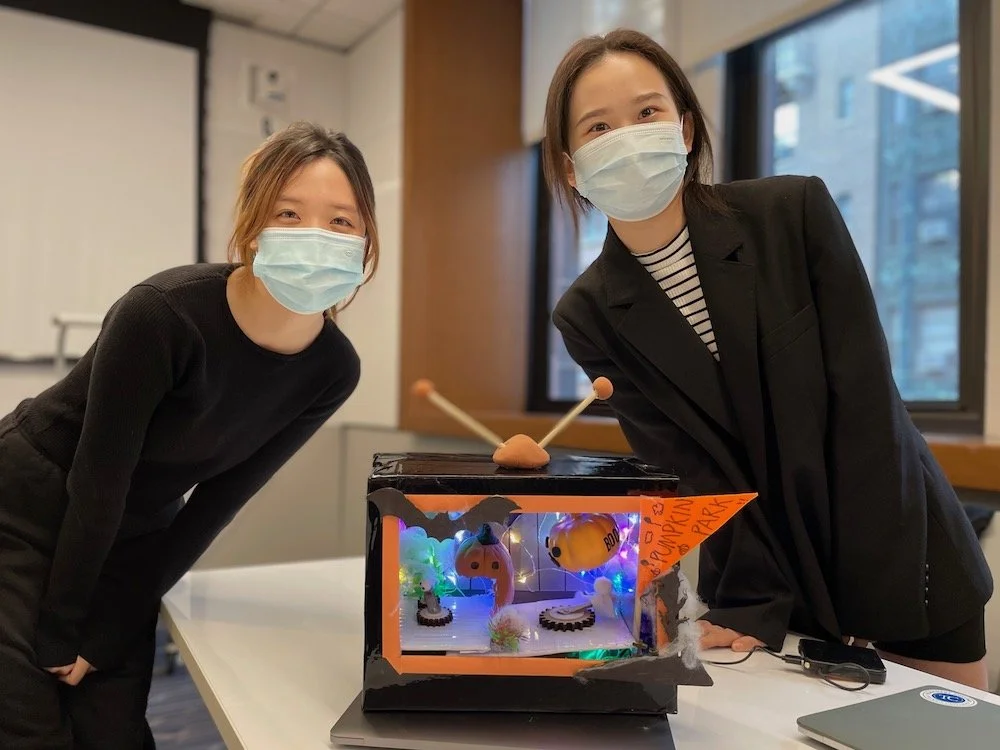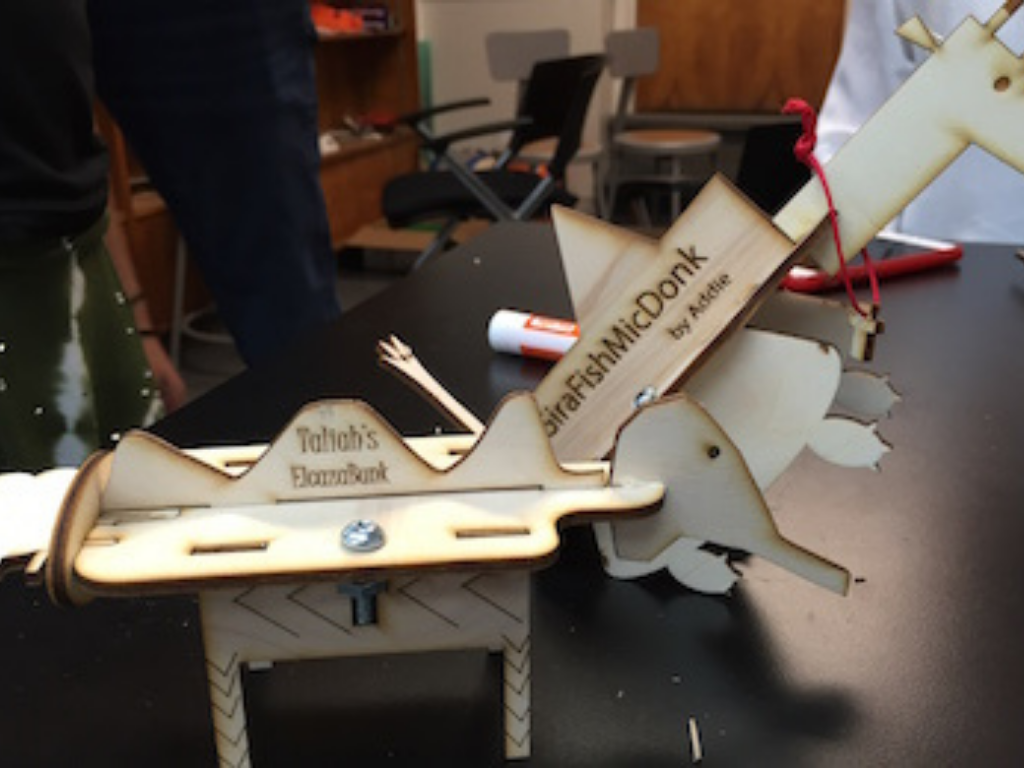Creating and studying educational technologies that are so fun, it feels like a snow day!
At the Snow Day Learning Lab, we can't get enough of that feeling of waking up in the morning to discover the world is covered in snow. When it's a snow day, all the usual routines and plans go out the window. Play is the goal of the day. Play until you can't feel your fingers or toes.
Snow days mean fun. They mean exploration. They mean high speed sled races, igloo building, and snow ball throwing. Snow days mean making something new. And the exploring and building doesn't happen alone--snow days are about getting the whole neighborhood together to create the biggest fort, the fastest slope, the grandest snow battle, and the most intricate tunnels.
The Snow Day Learning Lab is the research group and design laboratory of Professor Nathan Holbert and is located at Teachers College, Columbia University. Our primary goal is to understand how people make sense of their world through play. To that end, we make and study games, toys, tools and technologies that offer opportunities to experience and explore things of personal and communal value, and further our understanding of how people think, learn, and play.
If you're interested in working with Professor Holbert, please take a look at the prospective students page.
If you’re looking to collaborate with the Snow Day Learning Lab, contact us!
News
Projects
The Connected Spaces project is researching and developing a technological toolkit and design framework to connect geographically distributed youth makers with peers, mentors, and technical assistance.
The Formative Assessments for Computer Science in NYC project seeks to create a method to measure CS learning through a playful constructionist assessment system that will provide formative feedback to students and teachers.
The Re-mixing Wakanda project examines how young people use critical design practices to imagine, communicate, and make real future societies and technologies that center people of color.
The Make with Data project aims to address the lack of diversity in STEM fields by engaging high school aged learners in an after-school club that uses data to identify a compelling local community challenge and to design a potential solution to address the problem.
As the “maker movement” continues to expand and enter formal education settings, how can we ensure this opporutnity remains open and welcoming to young girls and children from underrepresented communities?














